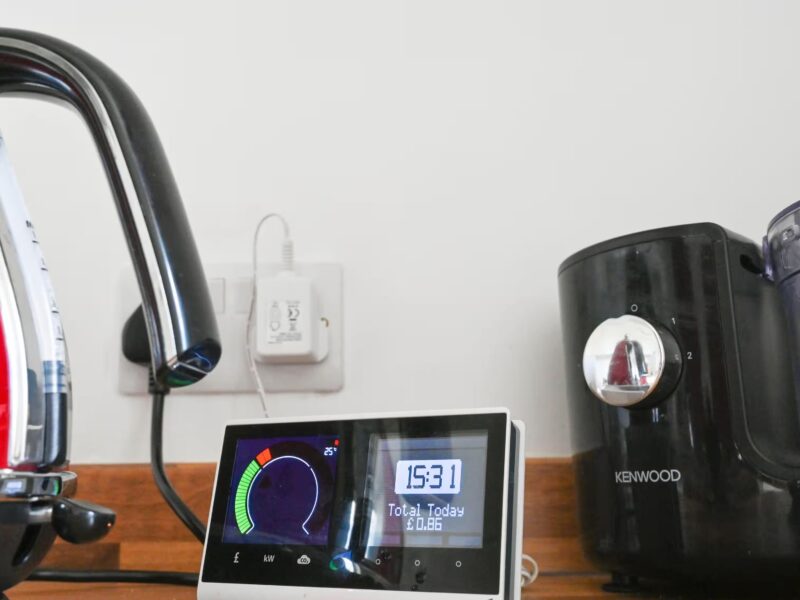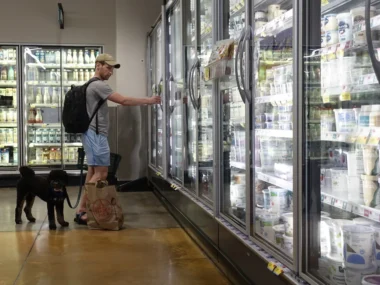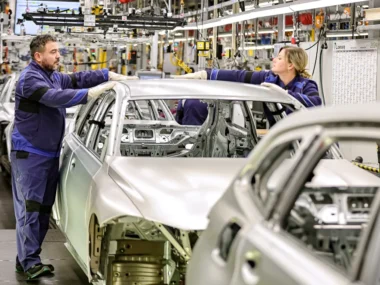Workers with ordinary earnings are missing out on salary increases while energy bills climb.
Inflation remains an issue for every household, notwithstanding recent decreases that have reduced the consumer price index by more than half since its peak in 2022.
According to the latest January numbers, Great Britain’s regulator, Ofgem, raised gas and electricity costs by 5%, while restaurant and hotel charges increased by 7% year on year.
These price increases were the primary forces that prevented the CPI from decreasing in January. It remained at 4%, though slightly lower than City analysts had predicted.
Good news came from the food business, where inflation declined from December to January, but the annual rate remains high at 7%, and food and non-alcoholic beverage costs are nearly 25% higher than two years ago, according to the Office for National Statistics.
Worse is the cost of power, gas, and other fuels. Inflation in this category has decreased by 18% since its peak in January 2023. However, last month’s prices were 89% higher than in January 2021.
These are significant rises in the cost of living. So it’s no surprise that the TUC’s boss, Paul Nowak, is enraged by any mention of lower inflation as if it means the problem has been solved for the majority of people.
Restaurant and hotel workers, together with their colleagues in the retail business, appear to have taken matters into their own hands in the fight against inflation, joining those at the top of the pay scale – city workers, lawyers, and accountants – as the most capable of keeping wages rising in tandem with inflation.
The “wholesaling, retailing, hotels, and restaurants” category had the highest annual regular salary growth until December 2023, at 7.2%, while the financial and business services industry only managed 6.9%.
The Bank of England’s officials will be concerned that substantial wage rises are resulting in higher prices and that its task of managing inflation is not yet complete.
That tendency appears to be playing out in the hotel and restaurant industry. However, low-pay workers benefit from the national minimum wage, which companies are aware will rise by over 10% in April to £11.44 per hour.
This is a government policy, similar to the energy price cap, over which the Bank has no control. Higher interest rates have little effect on whether and how these pricing and wage adjustments occur. Both are required by law.
That is why most analysts anticipate the Bank will overlook these developments and continue to decrease interest rates this year.
According to Suren Thiru, the economics director at the Institute of Chartered Accountants in England and Wales, the UK was “close to winning its fight against soaring inflation”.
He adds that inflation’s return to the Bank’s 2% objective should now accelerate, “with a sizeable fall in energy bills from April and lower food costs likely to drag inflation noticeably lower by the spring”.
That analysis will boost Nowak’s confidence. However, union members with average earnings are missing out on salary increases, and while inflation lingers, their struggle to regain something resembling their old living standards will undoubtedly continue.











